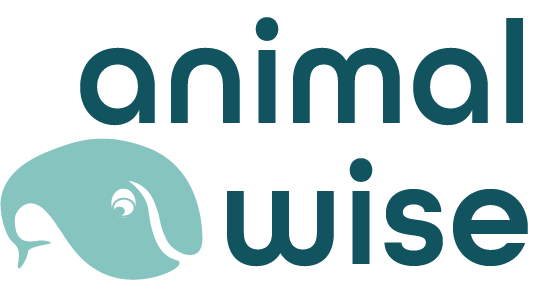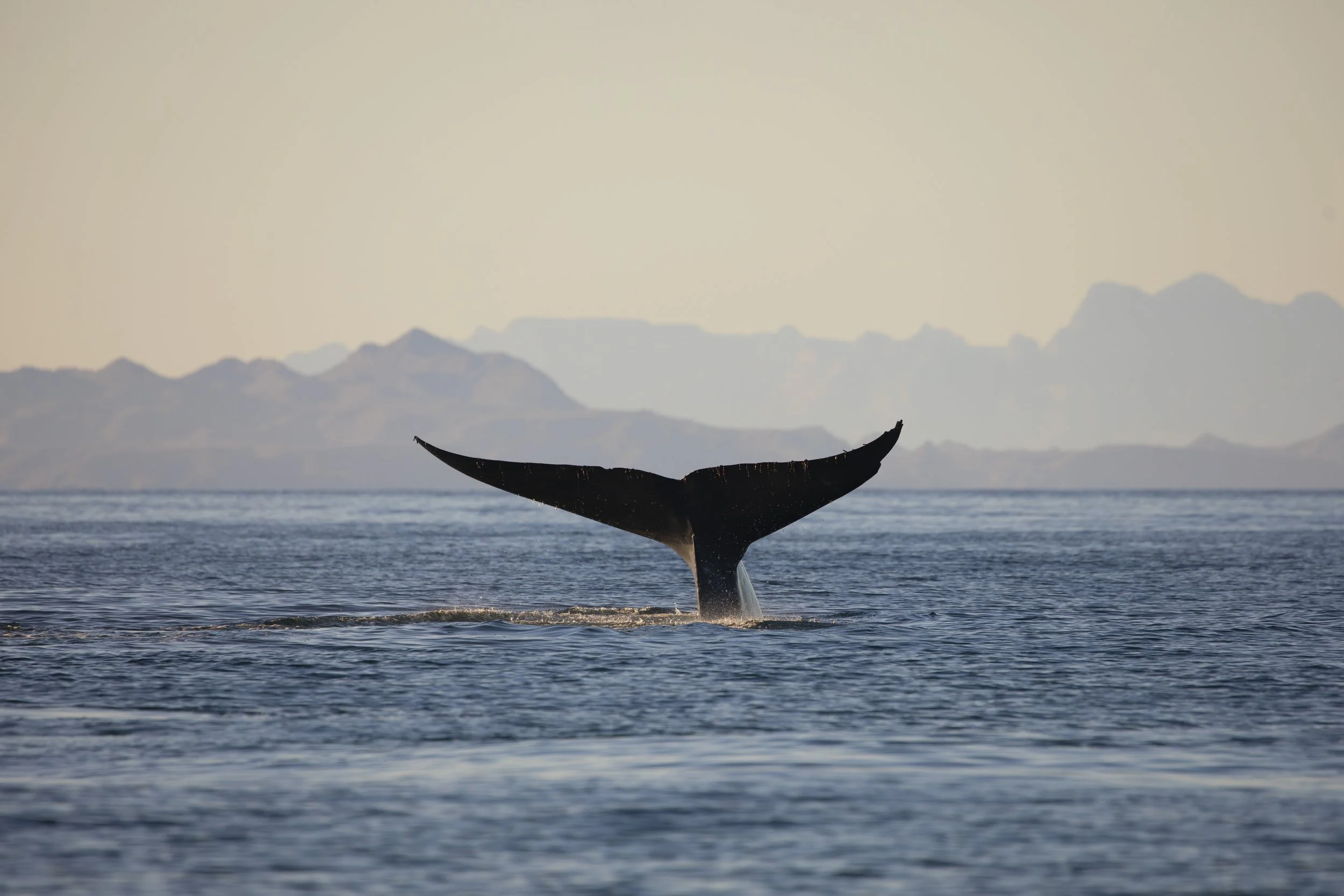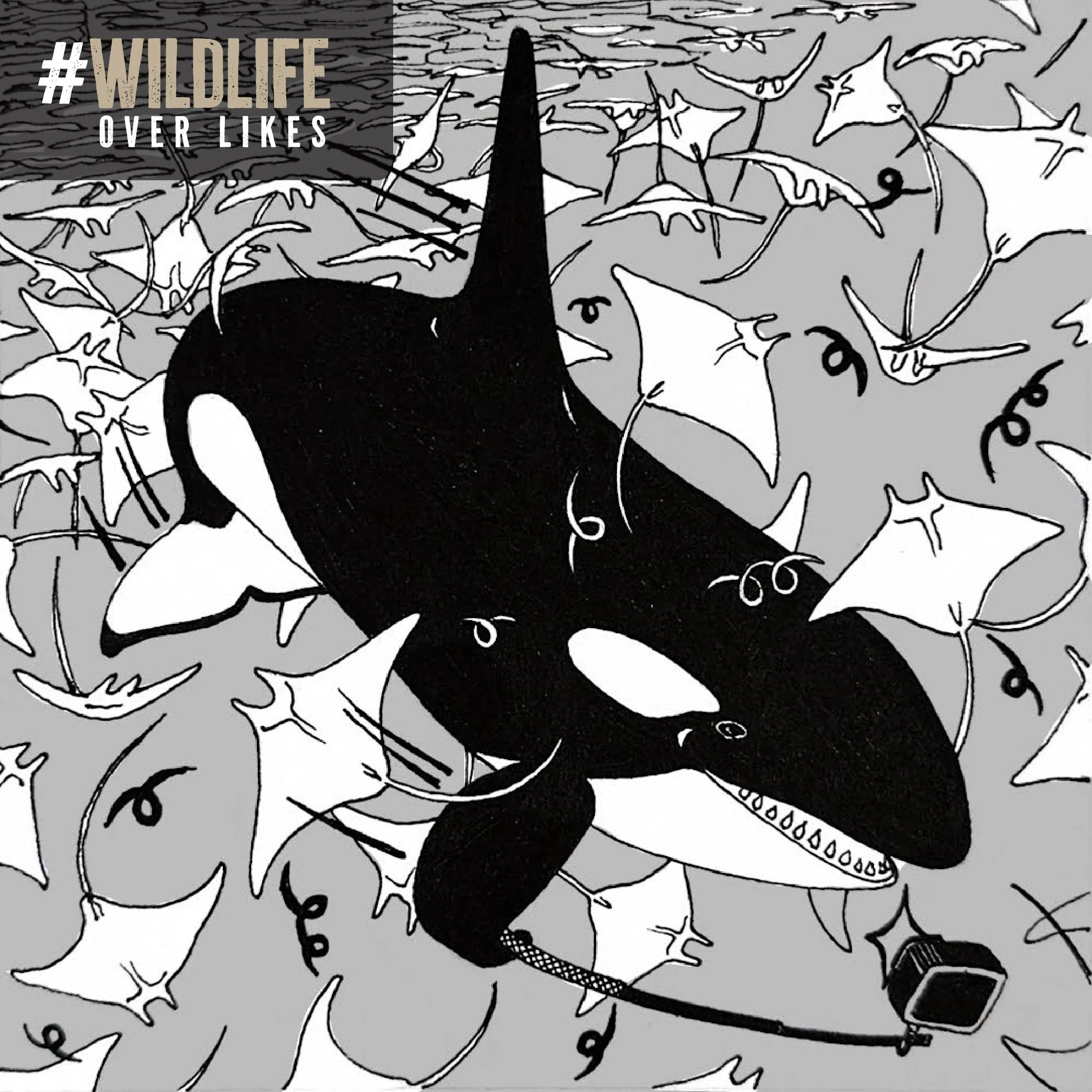Protecting wildlife through sustainable tourism
Exploitation in Puerto Vallarta’s dolphin attractions (captivity)
Wildlife tourism is a wonderful way to connect with nature and admire unique species in their natural habitats. However, the rise of mass, illegal tourism, unregulated tourism, and aggressive tourism with poor practices has caused negative impacts on ecosystems and animal welfare worldwide. Overexploitation of natural habitats, the stress caused to animals by excessive human contact, and ongoing habitat degradation represent critical threats to wildlife destinations worldwide. The rise of social media has unfortunately amplified these pressures by encouraging new "influencers and tour leaders" who often lack the necessary understanding of biology and ecology and frequently ignore national conservation laws and guidelines. Influencers promoting close and often invasive interactions with wildlife have led many visitors to seek direct contact with animals, fueling demand that in turn drives the capture and captivity of wild animals and harassment in the wild. This reckless behavior undermines conservation efforts, disrupts natural animal behaviors, and poses grave risks to the survival of many vulnerable species. As conservationists, it is imperative to promote ethical wildlife tourism that respects animals’ wellbeing and preserves the integrity of their habitats for future generations.
Irresponsible practices affect not only the animals but also local communities and the quality of the experience for travelers.
Animal wise a tool for sustainable tourism
Animal Wise is an organization integrating scientific knowledge and animal advocacy to transform tourism practices, prioritizing animal welfare in human-nature relationships. Their goal is to eliminate harmful wildlife exploitation in tourism through education, improved standards, and industry collaboration.
We are happy to announce our collaboration from Nakawe Project with Animal Wise, combining efforts to promote responsible and regenerative tourism that respects animal welfare and biodiversity. They provide guidance, tools, and campaigns empowering travelers and businesses to improve their practices and protect wildlife.
Animal Wise exposes and seeks to end poor tourism practices affecting thousands of animals worldwide, working toward industry-wide change for the benefit of animals and communities.
Collaboration for regenerative and sustainable tourism
The powerful alliance between Nakawe Project and Animal Wise promotes tourism that respects ecological balance and animal welfare while prioritizing conservation and education. Through awareness campaigns, community engagement, reports, development of guides and management plans and promoting responsible travel experiences, we are encourage a shift from extractive to sustainable and regenerative tourism.
Common dolphins swimming in Loreto, Baja California Sur during a regenerative tourism expedition.
How to collaborate and travel sustainably?
As companies or travelers, there are many ways to collaborate with Animal Wise to make a meaningful difference:
Commit to adopting ethical, sustainable animal welfare practices in tourism activities.
Use Animal Wise’s guides and resources to assess and improve animal-related experiences and services.
Support and participate in campaigns, projects, or networks promoting regenerative tourism and wildlife protection.
Engage in dialogue forums and platforms, exchanging knowledge and adopting best practices.
Promote animal-friendly values within organizations and to customers to shift demand toward responsible wildlife tourism.
Partner with Animal Wise to co-develop certifications, trainings, and solutions raising industry standards.
Reinvest tourism revenues into local ecosystems and communities to promote sustainable livelihoods.
These actions empower travelers and companies to become agents of positive change, supporting biodiversity and community well-being.
Blue whale watching in Loreto, Baja California Sur, by Baja Adventures
Report animal abuse with animal wise
Illegal Florida tour guide leading unpermitted whale swimming trips in Baja California Sur, Mexico – violating NOM-131 regulations in Mexico
Animal Wise also runs the Report an Activity initiative, encouraging everyone to be vigilant guardians of animal welfare:
If during any wildlife tourism experience you witness mistreatment, exploitation, illegal or unethical practices toward animals, you can report these incidents to Animal Wise.
Your report helps expose abuses, prevents others from engaging in harmful activities, and generates impactful data to drive sector-wide reforms.
This initiative invites tourists and companies alike to be active participants in ending wildlife cruelty and promoting sustainable, humane tourism.
Join our campaigns: Wildlife Over Likes and Keep Baja Wild
Campaigns like Wildlife Over Likes address the problem of social media-driven harmful wildlife encounters, urging travelers toward responsible and respectful observation without disturbance.
Keep Baja Wild focuses on protecting Baja California Sur’s unique ecosystems through community-led, low-impact tourism development that safeguards biodiversity and cultural heritage.
The playful and thought-provoking artwork by our collaborator Jules Kasol is part of the Wildlife Over Likes campaign by Nakawe Project. It humorously depicts the frenzy of tourists chasing selfies with orcas in Baja California Sur, while an orca cheekily takes a selfie with its favorite prey, the mobulas. This art piece perfectly captures the campaign’s message to prioritize respect and mindfulness over social media obsession, promoting responsible wildlife tourism.
Join Nakawe Project’s partner for regenerative tourism expeditions in Loreto, Baja California Sur
Travelers passionate about making a positive impact can join Nakawe Project’s sister project, such as Baja Adventures, to experience regenerative tourism firsthand in the stunning landscapes in Loreto, Baja California Sur.
By participating in these expeditions, visitors:
Support conservation of marine and terrestrial biodiversity through hands-on activities and citizen science.
Experience ethical wildlife watching, including endangered species like whales and sharks in their natural habitats.
Learn from local experts and community members dedicated to sustainable development.
Contribute to the reinvestment of tourism revenues into ecosystem protection and community well-being.
Help build a tourism model that restores and regenerates ecosystems rather than depleting them.
Joining these expeditions is a unique opportunity to travel responsibly while actively supporting the conservation and regeneration of one of the world’s most biodiverse and fragile environments.
Marine expedition in Loreto by Baja Adventures: Pilot whale encounter and Regi Domingo taking photo ID’s
Be an advocate: Responsible and sustainable wildlife tourism starts with you
If you love nature and wildlife, it is your responsibility to educate yourself and make the right choices. However, we are happy to guide you on this sometimes difficult journey. Always ensure that the operators or group leaders you travel with have all the necessary permits and certifications to operate legally. Make sure they follow national laws and management plans aligned with conservation goals. Take the time to learn about the ecology and behavior of the species you encounter, and never accept any harassment or irresponsible behavior from your guides or group leaders. If you experience or witness any mistreatment, report it immediately. For any questions or guidance, please do not hesitate to write to us. Together, we can travel responsibly, protect wildlife, and preserve nature for future generations.
Orcas cruising calmly in Loreto on a Baja Adventures expedition








